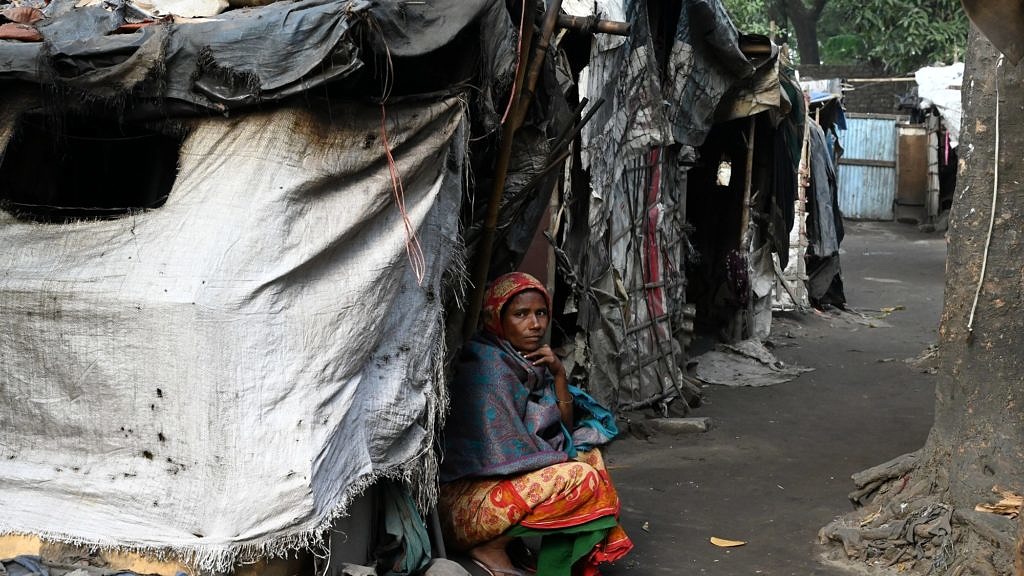The global outbreak of the Coronavirus has pushed the world to a state of a pandemic. Due to the lack of specific medicine or a vaccine for this virus, the best possible solution that has been proposed by experts is social distancing. To ensure adherence to social distancing measures, every national government has imposed restrictions on its citizens in some form, ranging from simple issuance of social distancing ranging to stringent implementation of lockdown. The imposition of lockdown has resulted in many people to suffer in numerous countries, ultimately becoming victims of human rights violations. One such country is India, which at present stands with the third most coronavirus cases in the world after the USA and Brazil. Alongside, several human rights problems exasperated due to the pandemic. One specific segment of the population who are suffering a lot is the domestic migrant workers of the country. Lahari Chakraborty, a student of the M.A. Human Rights programme, explains the situation, in brief, in her article published by the policy corner. For the full article, please read here.

The global outbreak of the Coronavirus has pushed the world to a state of a pandemic. Due to the lack of specific medicine or a vaccine for this virus, the best possible solution that has been proposed by experts is social distancing. To ensure adherence to social distancing measures, every national government has imposed restrictions on its citizens in some form, ranging from simple issuance of social distancing ranging to stringent implementation of lockdown. The imposition of lockdown has resulted in many people to suffer in numerous countries, ultimately becoming victims of human rights violations. One such country is India, which at present stands with the third most coronavirus cases in the world after the USA and Brazil. Alongside, several human rights problems exasperated due to the pandemic. One specific segment of the population who are suffering a lot is the domestic migrant workers of the country. Lahari Chakraborty, a student of the M.A. Human Rights programme, explains the situation, in brief, in her article published by the policy corner. For the full article, please read here.